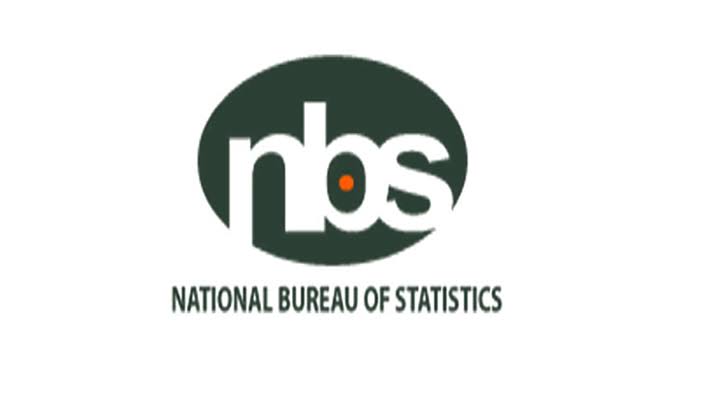Nigeria’s merchandise trade showed notable growth in the fourth quarter of 2024, with a sharp rise in imports alongside a steady export performance. The National Bureau of Statistics (NBS) report revealed that total trade for the quarter reached N36.6 trillion, marking a 68.3% increase from the same period in 2023, and a 2.2% rise from Q3 2024.
Despite maintaining a trade surplus, the country’s trade balance saw a significant decline. The surplus stood at N3.42 trillion, representing a 34.9% decrease compared to the previous quarter. This decline was primarily driven by the continued increase in imports and a slight dip in export earnings.
According to the NBS, Nigeria’s total merchandise trade for Q4 2024 was valued at N36.6 trillion, up 68.3% from N21.75 trillion in Q4 2023, and a 2.2% increase from N35.82 trillion in Q3 2024.
Total exports for Q4 2024 amounted to N20.01 trillion, reflecting a 57.7% increase compared to Q4 2023. However, there was a slight decline of 2.55% from the previous quarter’s N20.54 trillion. Crude oil remained Nigeria’s primary export, contributing 68.87% of total exports, valued at N13.78 trillion. This represented a 33.7% increase from Q4 2023 and a 2.8% rise from Q3 2024. Other major exports included liquefied natural gas, petroleum gases, cocoa beans, and urea.
The Netherlands was the largest recipient of Nigerian exports, importing goods worth N2.09 trillion, or 10.44% of total exports. Other top export destinations included France (N1.91 trillion), Spain (N1.74 trillion), India (N1.60 trillion), and Indonesia (N1.41 trillion). These five countries together accounted for 43.7% of Nigeria’s total exports.
Imports surged to N16.59 trillion in Q4 2024, an 83.2% increase from N9.05 trillion in Q4 2023. This marked an 8.57% rise from N15.28 trillion in Q3 2024. Mineral product imports decreased, falling from N5.84 trillion in Q3 2024 to N4.92 trillion. Meanwhile, agricultural imports rose by 53.4%, totaling N1.09 trillion.
Raw material imports increased sharply to N2.11 trillion, up 118.2% from Q4 2023. Manufactured goods imports reached N8.47 trillion, a 113.3% increase from the same period last year.
China remained Nigeria’s largest import partner, accounting for N4.61 trillion, or 27.8% of total imports, followed by India (N1.90 trillion), Belgium (N1.39 trillion), the United States (N1.06 trillion), and France (N601.28 billion).
The agricultural sector saw significant growth in Q4 2024, with agricultural exports valued at N1.54 trillion, a 232% rise from Q4 2023. Superior quality cocoa beans were the largest agricultural export, contributing N836.2 billion, followed by standard quality cocoa beans (N269.3 billion) and sesame seeds (N202.9 billion).
Europe remained the dominant market for Nigerian agricultural exports, accounting for N986.7 billion, while Asia imported N474.4 billion worth of agricultural products.
The solid minerals sector saw a 69.2% year-on-year increase in exports, totaling N60.7 billion. However, this was a 21.9% decline from the previous quarter. Major exports included cement clinkers and tin ores, with significant trading partners including Cameroon and China.
Manufactured goods exports totaled N494.2 billion, a 110.3% increase from Q4 2023, though down 52.5% from the previous quarter. The top exported manufactured goods included unwrought aluminium alloys, dredgers, and cathodes.
Trade with African countries remained strong, with exports to the continent valued at N2.04 trillion and imports totaling N514.96 billion, accounting for just 3.1% of total imports. South Africa, Ivory Coast, and Senegal were the leading trade partners within Africa.

